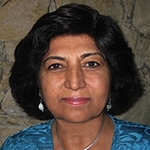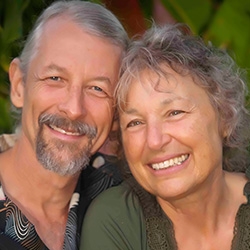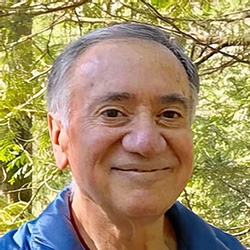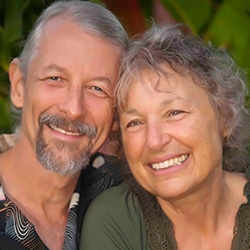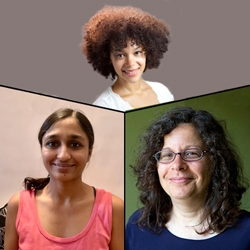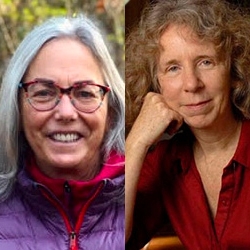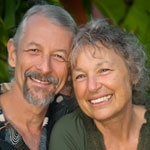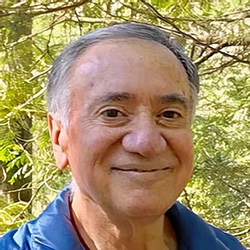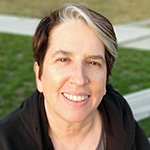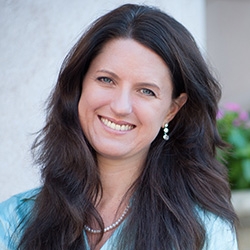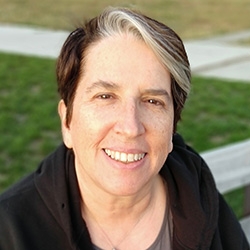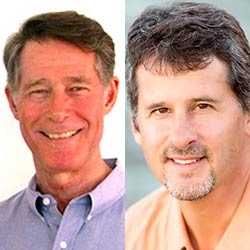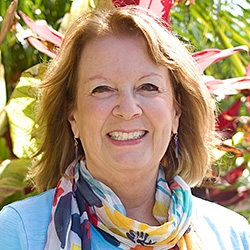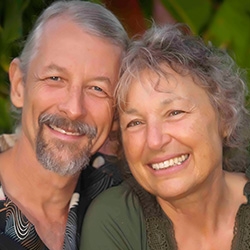

Search Results: practice
-
Raj Gil offers tools and dialogue to help you respond to anger with awareness & care in the moment.
-
Expressing ourselves honestly is sometimes scary because we can't predict where the conversation will go after we've made ourselves vulnerable. This recording will demonstrate how the power of our honesty is enhanced by ending on a clear and present request.
-
- Share NVC in a way that keeps your group engaged
- Walk away with practical facilitation tips and 5 session outlines
- Know how to respond to nay-sayers
- Learn how to promote your work
-
Your needs and your values are your Life Force: the river that flows through your spirit and your life, giving life and light to your being. Explore this river with Robert, and map out routes that support your growth. Gain a deeper understadning and acceptance of the spirituality and beauty of needs and values.
-
Jim and Jori Manske explore the considerations of expressing ourselves honestly, considerations that lead to more fully conscious and nonviolent connections.
-
- Explore the complexities of how we can care for all of life using NVC
- See the role that power plays in relation to observations, feelings, needs, and requests
- Learn how to support people from many backgrounds in being able to apply NVC
- Discern how to engage with these vast topics as we learn and share NVC
-
Find renewed aliveness and connection in your daily life through NVC and Buddhist Mindfulness practices.
In this 6 session course with Roberta Wall and Barbara Bash, you will explore how NVC helps bring to life Buddhist principles and values in relationship to yourself and others. And, you will discover how Buddhist practice deepens and supports your capacity to learn and live NVC in your daily life. -
NVC practice is based on several key assumptions and intentions. When we live based on these assumptions and intentions, self-connection and connection with others become increasingly possible and easy, helping us contribute to a world where everyone’s needs are attended to peacefully.
-
We all blow it sometimes. Maybe we are triggered and react in ways we regret. Or we unknowingly say or do something that unexpectedly touches a nerve for someone else. Either way, how do we heal the disconnection? In this session, you'll learn how to integrate skills for repairing relationships.
-
Veteran Trainer Sylvia Haskvitz provides an in-depth discussion of NVC empathy.
-
Please join veteran CNVC Certified Trainer, Robert Gonzales, to explore how you can embody the consciousness of NVC and live every moment of every day in the fullness of compassion - for yourself and others.
-
Listen to CNVC Certified Trainer Dian Killian guide and ease you into a more natural expression of empathy. This is a three person exercise. Listen in and then give it a try!
-
Yvette Erasmus shares practices to help us develop a regulated nervous system. We all get hijacked and triggered at some point. When that happens we can travel a blame and shame road or we can greet ourselves with graciousness and self compassion.
-
- Learn your body’s “language” and how to listen deeply to it
- Expand your NVC toolbox with emergency self-empathy tips
- Explore drawing on your senses to get past what is blocking you
- Discover and practice that “missing step” in the NVC process
-
Old emotional hurts and pains can easily erupt when you’re in the throes of conflict – even if you’re the mediator. Wouldn’t it be lovely if you could avoid all of that, and instead create more peace and happiness for yourself, your family, your co-workers and your community?
-
Ever wish you knew how you might experience more choice when you've been triggered, instead of being trapped in old habits and unmet needs? Wish you could REALLY heal old internal messages that tell you you're not good enough… not loveable… or not deserving? Join veteran CNVC Certified Trainer, Mary Mackenzie, for this 6-session course designed to deepen your ability to connect with self and heal your past through the process of Self-empathy.
-
Do your emotions ever feel overwhelming or out of control? You’re not alone. In this heartfelt video, Mary Mackenzie shares a simple yet transformative technique inspired by Nonviolent Communication (NVC) that helped her move past the fear of feeling too much.
-
Miki Kashtan helps you move past fear and build skill in making clear, confident requests.
-
Listen to Jim and Jori Manske share how we are conditioned to disconnect from our own feelings and how we can unlearn this habit to experience more full and rich inner lives.
-
When Anita's sister reveals that the Ku Klux Klan broke into her home and dragged her out into a field towards a burning cross, Anita's commitment to nonviolence is challenged. Here, Miki highlights practices and lessons from her story of inner struggle -- including an insight about how, even in extreme polarization, our freedom and healing is wrapped up in others' freedom and healing.

Quick Links
Subscription Preferences
Stay In Touch!
Looking for ways to keep up with NVC Academy news, get special offers, free resources, or words of inspiration? Here are five ways to stay engaged:

